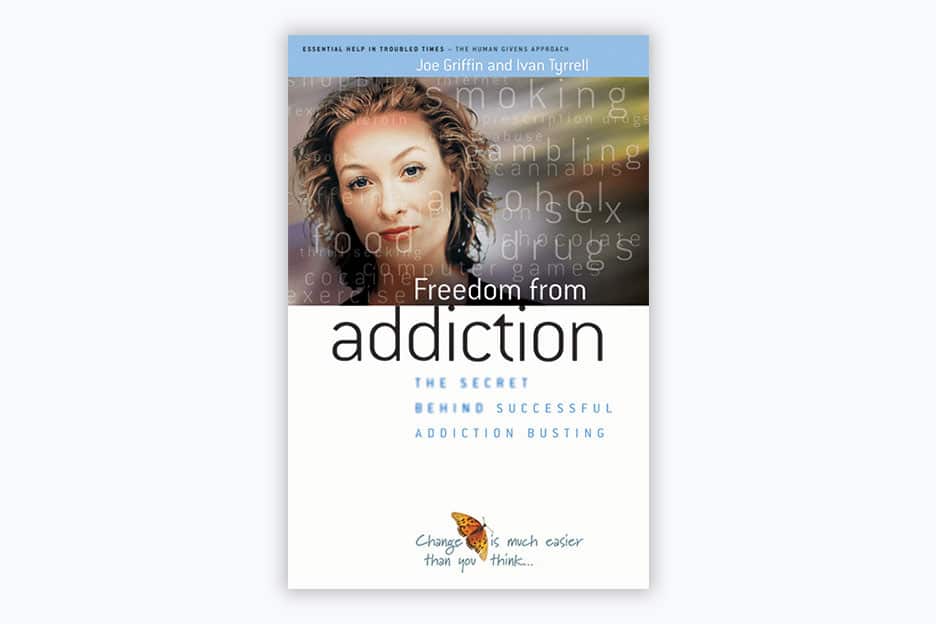We don’t know what we think we know
Why ‘knowledge’ is seductive
Key points:
- Understanding why psychological issues such as anxiety, depression and addictions, occur opens up new perspectives.
- Knowledge is power and enables us to learn the tools to make different choices.
- If knowledge is not internalised it is not knowledge, and we are likely to continue validating unhelpful behaviours.
“Knowledge is power,” said Kofi Annan, former Secretary-General of the United Nations. Some centuries earlier, renaissance philosopher Francis Bacon said the same, and no doubt so did many others in between, whatever their level of distinction.
For, indeed, it holds true at every level. One of the core skills of human givens therapists is to give clients good psychoeducation. When something is fully understood, it becomes less frightening. So, for instance, it helps to know that negative ‘what if?’ thinking (“What if I have a panic attack on the way to the interview and I miss my chance to get a better job? “What if my son forgets to take his coat to school today and is soaked when he is walking home and gets pneumonia?”) actually creates the uncomfortable levels of anxiety that the client is seeking help for – because the brain can’t tell the difference between real and imagined danger, and sends out an alert.
This triggers heart rate and blood pressure to increase, breath to quicken, and the body to tense and sweat and do all those other things which are meant to prepare us for fight or flight, but which make us feel terrible if actually we are sitting in the office or the living room, with no plans to go anywhere.
It also helps to know that depressive and self-critical thinking (“Why did I make that stupid remark?” “What did he mean when he looked at me that way?” “If only I weren’t so useless!”) causes emotional arousal that has to be discharged through dreams at night, leading to excessive dreaming and too little restorative sleep, and commonly waking up early, not feeling refreshed and not motivated to start the day.
This article was first published on Psychology Today, and was written by Denise Winn.


